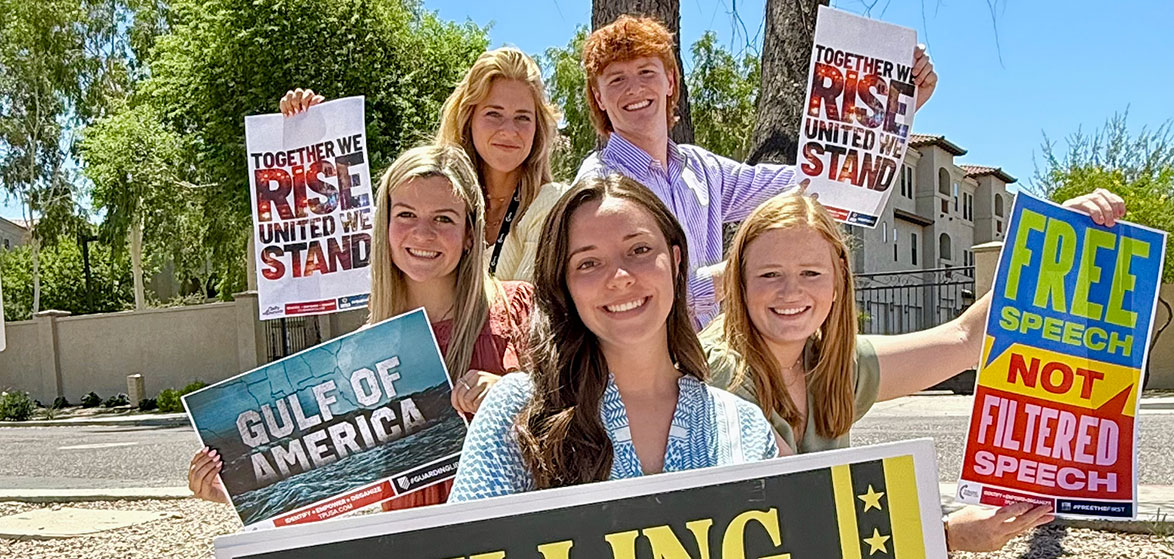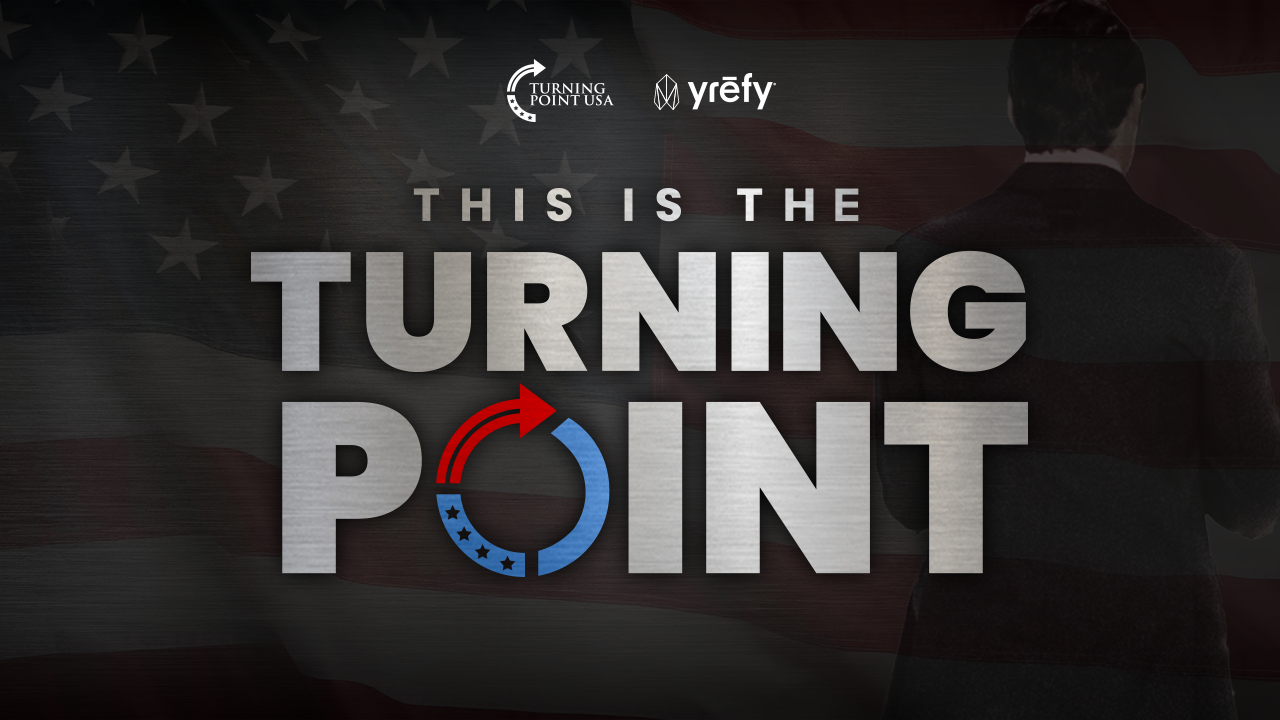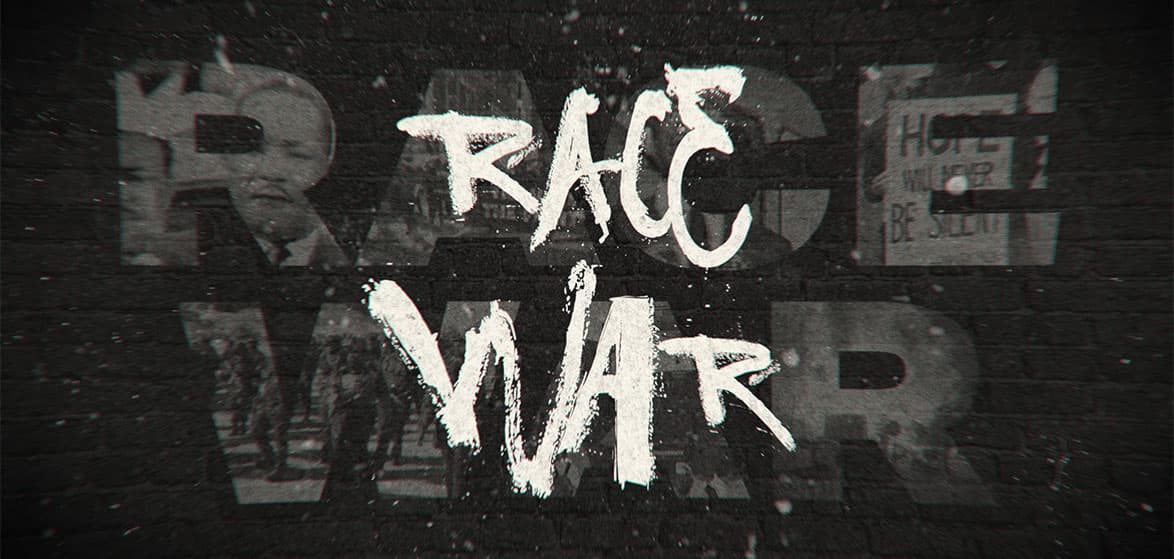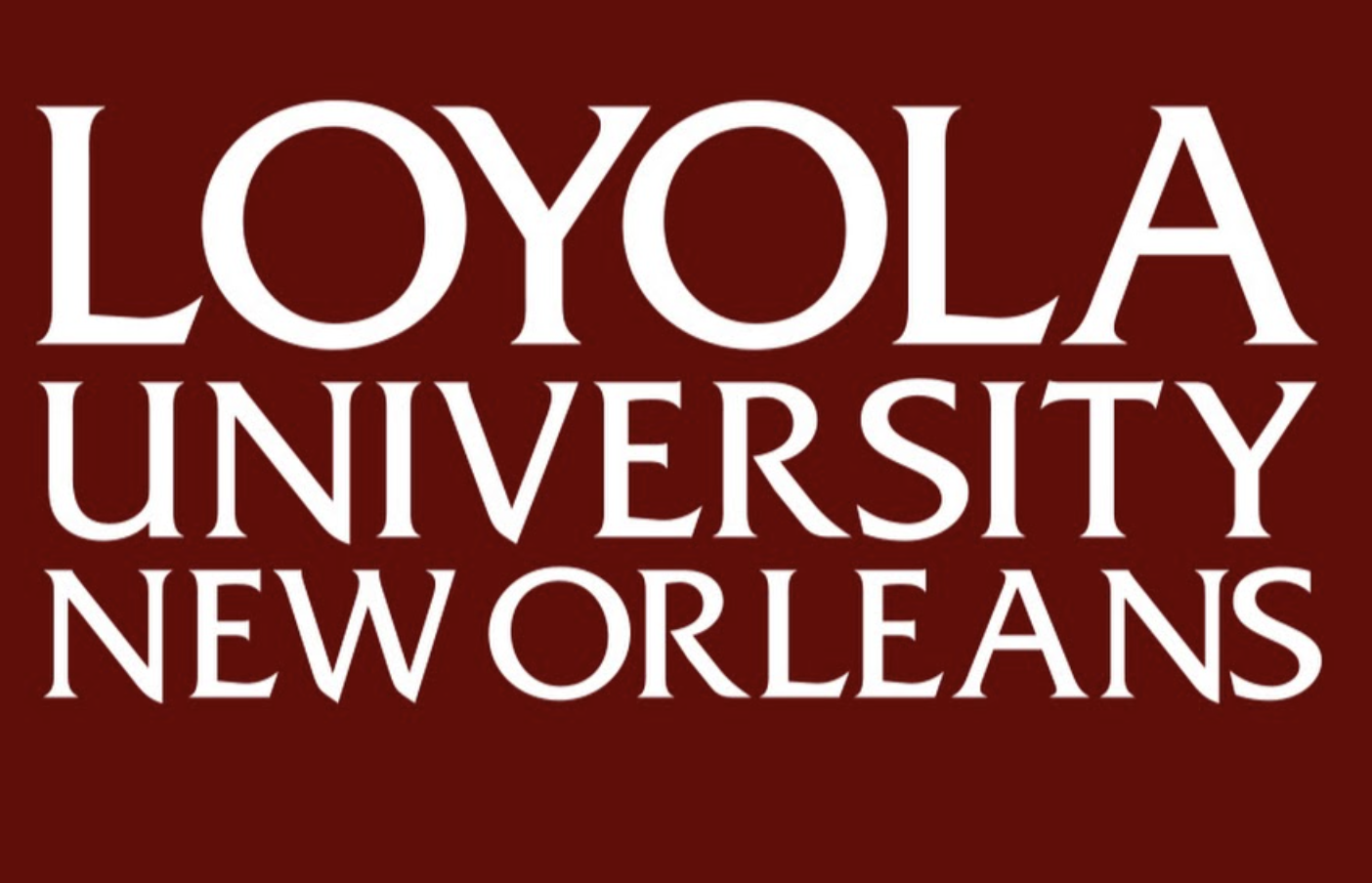
Advocating for the safety and academic success of America’s youth is my highest priority. As I stood before the North Carolina General Assembly, my goal was to be the voice of K-12 students, parents, and community members across the nation. I want every state representative and lawmaker to know that the purity of children must be protected. Our public educational system must stop giving students access to sexually explicit materials in school libraries.
I stated before the lawmakers of the North Carolina General Assembly that this isn’t simply about indoctrination or grooming – although that is what these books do – but there’s a term we need to bring to light, and that term is “mental rape.”
I’m using the term “mental rape” because I want to convey the severity of the offense that’s taking place in public schools. Viewing pornography assaults the soul, stains the mind, and robs our children of their innocence. Once innocence is lost, it’s gone forever.
In elementary and high school libraries nationwide, I’ve discovered students can access books like “It’s Perfectly Normal,” “Flamer,” “All Boys Aren’t Blue,” “Let’s Talk About It,” and “PUSH.” These particular novels contain explicit details and illustrations that depict youth and adults engaging in heterosexual and homosexual acts, oral sex, and masturbation. “PUSH” includes extremely graphic descriptions of incest-rape, which results in the main character (a teenager) bearing two children by her father.
There is no excuse for this vulgarity in public schools. It has absolutely no educational value. These books are harmful and must be removed.
During my research, I found that in 2021, the American Library Association had tracked nearly 1,600 book challenges and removals from pre-K through college. And, in 2024, the American College of Pediatrics compiled alarming statistics, including a 2022 survey that showed 54% of teens had seen pornography by age 14. Of that, 15% had seen it before page 11. Keep in mind that these demographics only account for online exposure, such as mobile devices and social media apps. The numbers don’t capture the frequency or level of access children may have to this kind of material on school grounds.
The worst part is that many parents don’t know their students are reading these books. By the time parents figure it out, much of the damage is already done. Adult themes and advanced topics like this are not appropriate in the school setting. It is not the government’s responsibility to teach children about sex – it’s the parents’ responsibility.
Although more than 10,000 novels have reportedly been removed from school libraries, we still have a lot of work to do. We must unite to protect our youth from this modern-day sexual revolution that’s playing out in America’s public education system. Parents need to research their elementary school, middle school, and high school libraries, report their findings to administrators and governing authorities, and demand the immediate removal of every sexualized book from the shelves.
Taking a stand at the press conferences was a significant part of my efforts to raise awareness on this issue. I have traveled to 17 states and spoken at over 20 school board meetings, and I’m just getting started.














